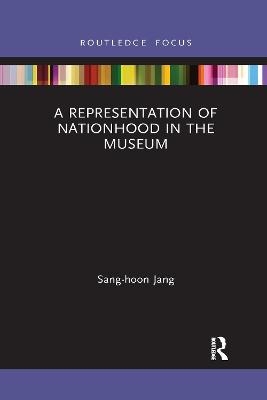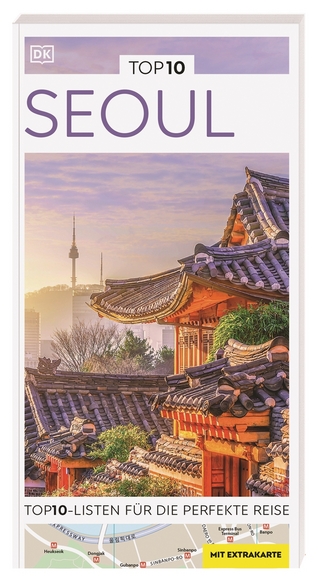
A Representation of Nationhood in the Museum
Seiten
2021
Routledge (Verlag)
978-1-032-17552-2 (ISBN)
Routledge (Verlag)
978-1-032-17552-2 (ISBN)
A Representation of Nationhood in the Museum examines how the National Museum of Korea, as a national repository of material culture and the state’s premier exhibition facility, has shaped and been shaped by Korean nationalism.
Exploring the processes by which the museum has discovered and interpreted material culture, using concepts of ethnic nationalism in the historical and political contexts of South Korean society, the book analyses how this nationalist interpretation has regulated South Koreans’ understanding of their material culture. Issues considered include: cultural and political relations with China; Japanese colonial rule, cultural imperialism and its legacy; the division of Korea since 1945; the Korean War and nation building since liberation in 1945; and domestic political upheavals, including military coups in 1961 and in 1979. Demonstrating that authoritarian regimes’ emphasis on the promotion of national unity drove national museums to establish national identity through material culture, Jang argues that international political and diplomatic factors also affect the process of the formation of national identity in a specific political context.
Concerning itself with issues such as the relationship between politics and identity, museums and authoritarian regimes, this book should be essential reading for academics, researchers and postgraduate students in museum studies, nationalism studies, Asian studies and history departments.
Exploring the processes by which the museum has discovered and interpreted material culture, using concepts of ethnic nationalism in the historical and political contexts of South Korean society, the book analyses how this nationalist interpretation has regulated South Koreans’ understanding of their material culture. Issues considered include: cultural and political relations with China; Japanese colonial rule, cultural imperialism and its legacy; the division of Korea since 1945; the Korean War and nation building since liberation in 1945; and domestic political upheavals, including military coups in 1961 and in 1979. Demonstrating that authoritarian regimes’ emphasis on the promotion of national unity drove national museums to establish national identity through material culture, Jang argues that international political and diplomatic factors also affect the process of the formation of national identity in a specific political context.
Concerning itself with issues such as the relationship between politics and identity, museums and authoritarian regimes, this book should be essential reading for academics, researchers and postgraduate students in museum studies, nationalism studies, Asian studies and history departments.
Sang-hoon Jang is a curator at the National Museum of Korea. Dr. Jang completed a PhD at the University of Leicester in 2015.
Introduction
1. Japanese cultural imperialism, museums and Koreans
2. Independence, the National Museum and the US
3. Ethnic nationalism and museum narrative
4. National narrative and South Korean society
Conclusion: The museum and representation of nationhood
| Erscheinungsdatum | 01.10.2021 |
|---|---|
| Reihe/Serie | Routledge Research on Museums and Heritage in Asia |
| Zusatzinfo | 13 Illustrations, black and white |
| Verlagsort | London |
| Sprache | englisch |
| Maße | 138 x 216 mm |
| Gewicht | 167 g |
| Themenwelt | Kunst / Musik / Theater |
| Reiseführer ► Asien ► Korea | |
| Geisteswissenschaften ► Geschichte ► Hilfswissenschaften | |
| Sozialwissenschaften ► Politik / Verwaltung | |
| Sozialwissenschaften ► Soziologie ► Spezielle Soziologien | |
| ISBN-10 | 1-032-17552-4 / 1032175524 |
| ISBN-13 | 978-1-032-17552-2 / 9781032175522 |
| Zustand | Neuware |
| Informationen gemäß Produktsicherheitsverordnung (GPSR) | |
| Haben Sie eine Frage zum Produkt? |
Mehr entdecken
aus dem Bereich
aus dem Bereich
TOP10-Listen für die perfekte Reise
Buch | Softcover (2023)
DK Reiseführer (Verlag)
CHF 19,90


